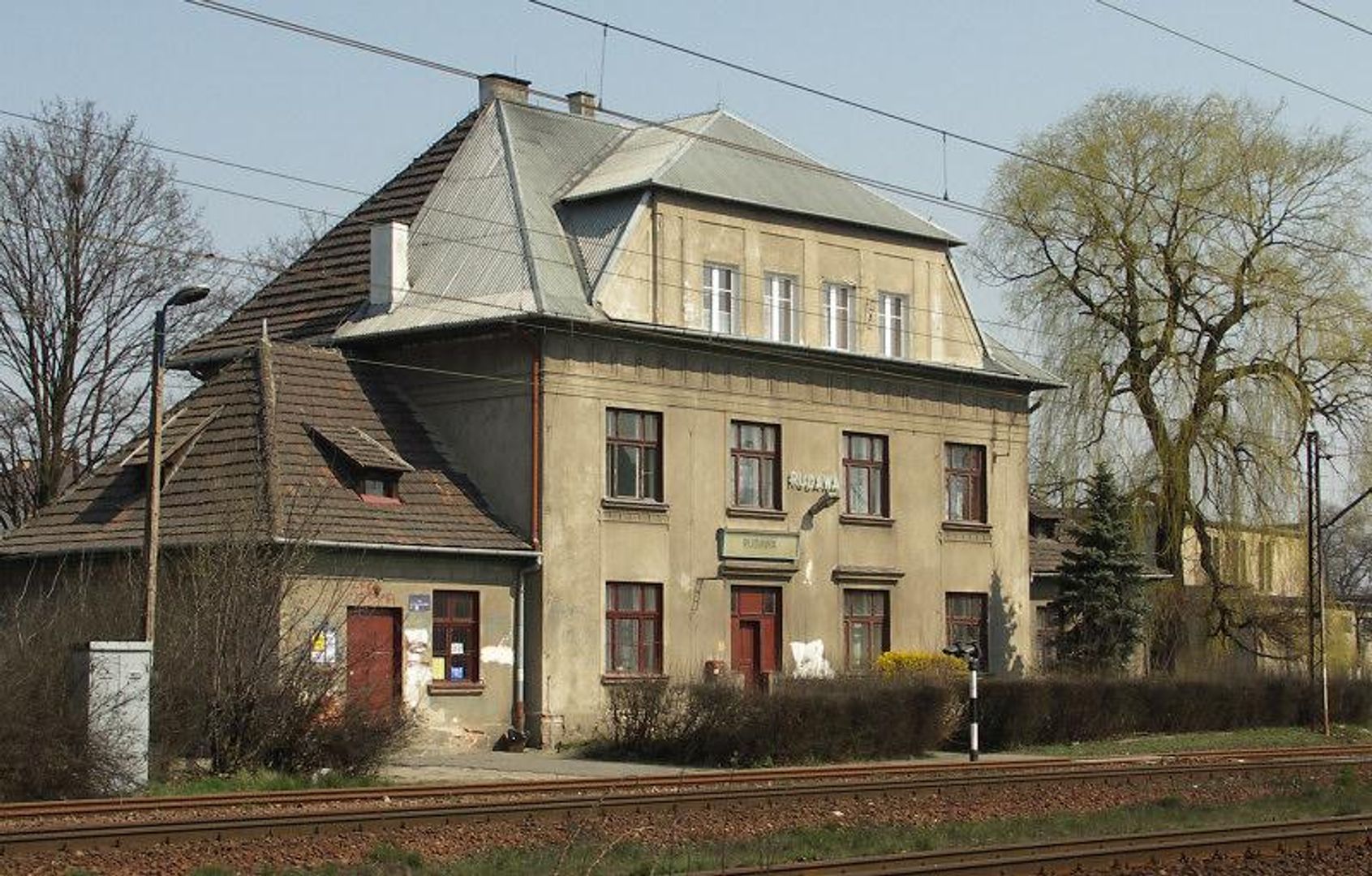Rudawa
6.67

Overview
Rudawa, a village in the Lesser Poland Voivodeship, located in close proximity to Krakow, boasts a rich history dating back to the Middle Ages. The name of the locality likely originates from marshes and swamps or from iron ore deposits. In the 12th century, Rudawa was a knight's settlement, and one of its owners was the knight Jan Gniewomir. In the 15th century, it was granted town rights, which were confirmed by Casimir IV Jagiellon. The architectural heritage of today's Rudawa includes numerous monuments, such as the Parish Church of All Saints and wooden and brick houses from the turn of the 19th and 20th centuries, showcasing the local architectural style. The village also features a Regelbau 668 bunker from World War II, testifying to its military past. Culturally, Rudawa thrives thanks to the People's Sports Club "Orlęta," founded in 1945, which has a rich sports history and youth structures. The village also has tennis courts, which are the only ones of such standard in Krakow and its surroundings. Interestingly, Rudawa is part of tourist trails, such as the Trail of Jurassic Fortifications, and is a biographical site associated with Henryk Sienkiewicz. The village is also known for annual events, such as the Polish Tennis Championships and running competitions. In 2022, Rudawa won the title of the second "Most Beautiful Village in Lesser Poland," and in 2023, it hosted the Rudawa Festival, commemorating the 555th anniversary of its re-establishment under Magdeburg Law. Its rich history, numerous monuments, and cultural activities make Rudawa a unique place in the region.
Location
2026 Wizytor | All Rights Reserved